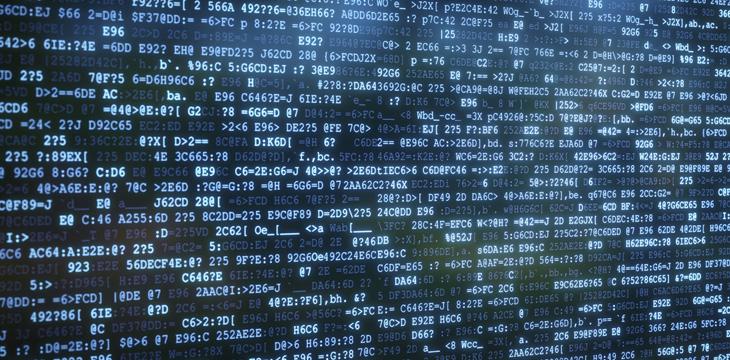|
Getting your Trinity Audio player ready...
|
In a bid to explore how blockchain technology can be used for intellectual property (IP) rights enforcement, European Union (EU) agencies are organizing a “Blockathon” event in Brussels, Belgium, in June.
The first-ever blockchain hackathon event is organized by the European Union of Intellectual Property (EUIPO), through the European Observatory on Infringements of Intellectual Property Rights. This will be done in partnership with the European Commission. The participants are expected to develop a blockchain-based integrated solution to fight counterfeiting activities in the Continent.
The event will select 10 teams, of four to eight members, who will compete for 48 hours in three challenges: the Consumer Challenge, Customer Authority Challenge and Logistic Operator Challenge.
The teams are expected to work together with leading institutions, blockchain experts, industry, government partners and technology companies to co-create a blockchain prototype that will solve the anti-counterfeiting challenge. The contestants have until April 30 to fill a simple online application for the blockathon challenge.
The winner of the challenges will receive a €100 000 ($124,000) prize. The winning system will help EU authorities quickly identify fake goods and counterfeiting activities. It will also help legitimate companies protect their operations and help consumers from purchasing counterfeit items.
EUIPO Director Antonio Campinos said around 43 million EU citizens bought counterfeit goods in 2017 despite the various measures that were already in place. This is because the anti-counterfeiting authorities and other institutions do not have a unified system of operation to deal with these criminal activities.
In a statement, Campinos also said that the agencies want to look at blockchain prospects that will help solve this problem, protect data, and add trust to the legitimate ecosystem for the benefit of the consumers, companies and enforcement authorities.
This is not the first time blockchain applications are being used in operations not related to bitcoin. A few years back, intellectual property started using proof of existence, a blockchain application to check for ownership of documents. It also used the system to check for the particular time a document was authored.
Many startups and projects have used the technology to help run their operations. One example is the American Society for Composers applied the technology to track the ownership of legally protected musical works.
The event and the actions by the European Commission to regulate blockchain shows countries are willing to accept blockchain within their systems.

 03-03-2026
03-03-2026 




